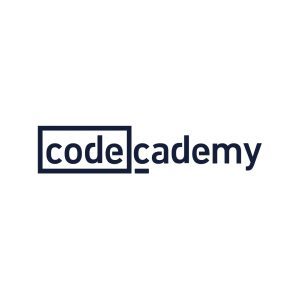UCx: Text Analytics 2: Visualizing Natural Language Processing
Extend your knowledge of the core techniques of computational linguistics by working through case-studies and visualizing their results.
About this course
__ _ Visualizing Natural Language Processing _ is the second course in the Text Analytics with Python professional certificate (or you can study it as a stand-alone course). Natural language processing (NLP) is only useful when its results are meaningful to humans. This second course continues by looking at how to make sense of our results using real-world visualizations.
How can we understand the incredible amount of knowledge that has been stored as text data? This course is a practical and scientific introduction to text analytics. That means you’ll learn how it works and why it works at the same time.
On the practical side, you’ll learn how to visualize and interpret the output of text analytics. You’ll learn how to create visualizations ranging from word clouds, heatmaps, and line plots to distribution plots, choropleth maps, and facet grids. You’ll work through real case-studies using jupyter notebooks and to visualize the results of machine learning in Python using packages like pandas, matplotlib, and seaborn.
On the scientific side, you’ll learn what it means to understand language computationally. How do word embeddings and topic models relate to human cognition? Artificial intelligence and humans don’t view language in the same way. You’ll see how both deep learning and human beings interact with the meaning that is encoded in language.
At a Glance:
Institution: UCx
Subject: Computer Science
Level: Introductory
Prerequisites:
None
Associated programs:
Professional Certificate in Text Analytics with Python
Language: English
Video Transcript: English
Associated skills:Deep Learning, Word Embedding, Pandas (Python Package), Choropleth Map, Text Mining, Natural Language Processing, Jupyter, Matplotlib, Topic Modeling, Artificial Intelligence, Computational Linguistics, Machine Learning, Python (Programming Language)





There are no reviews yet.